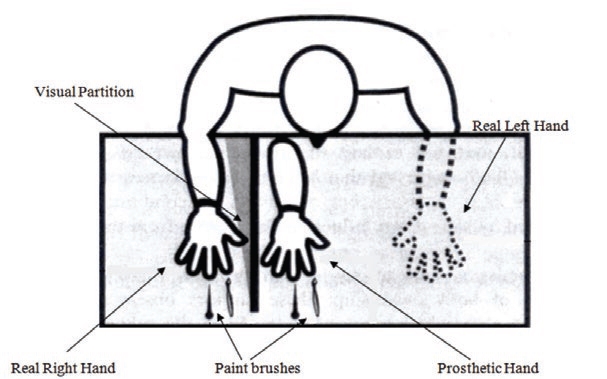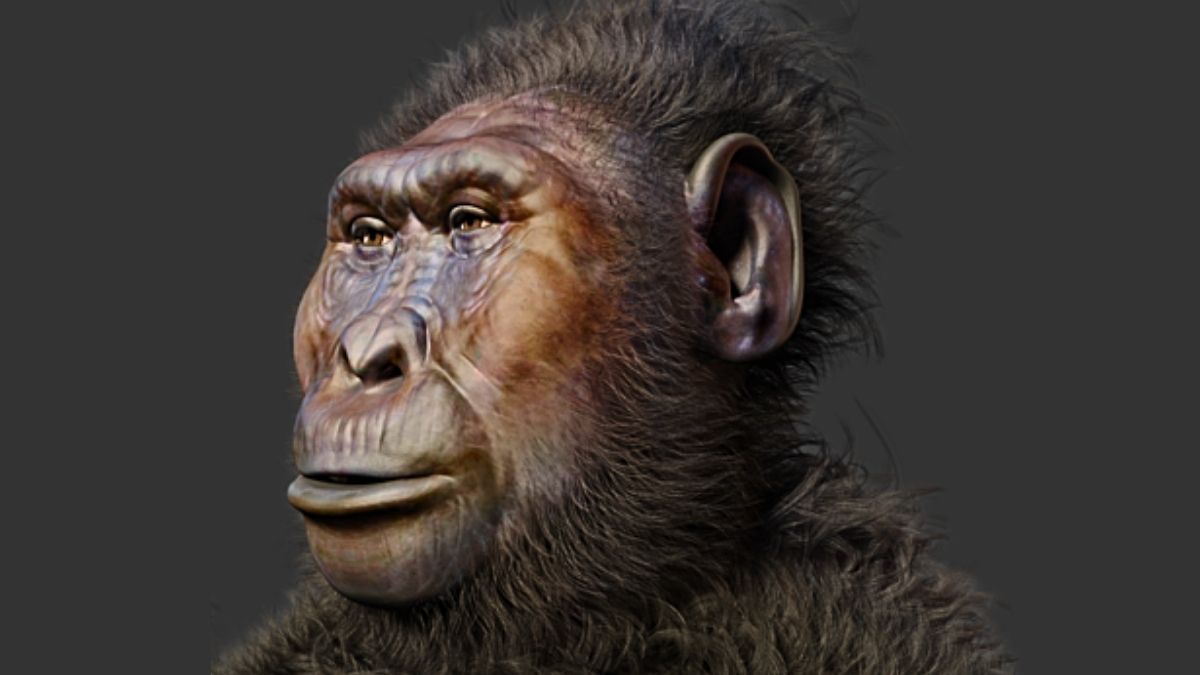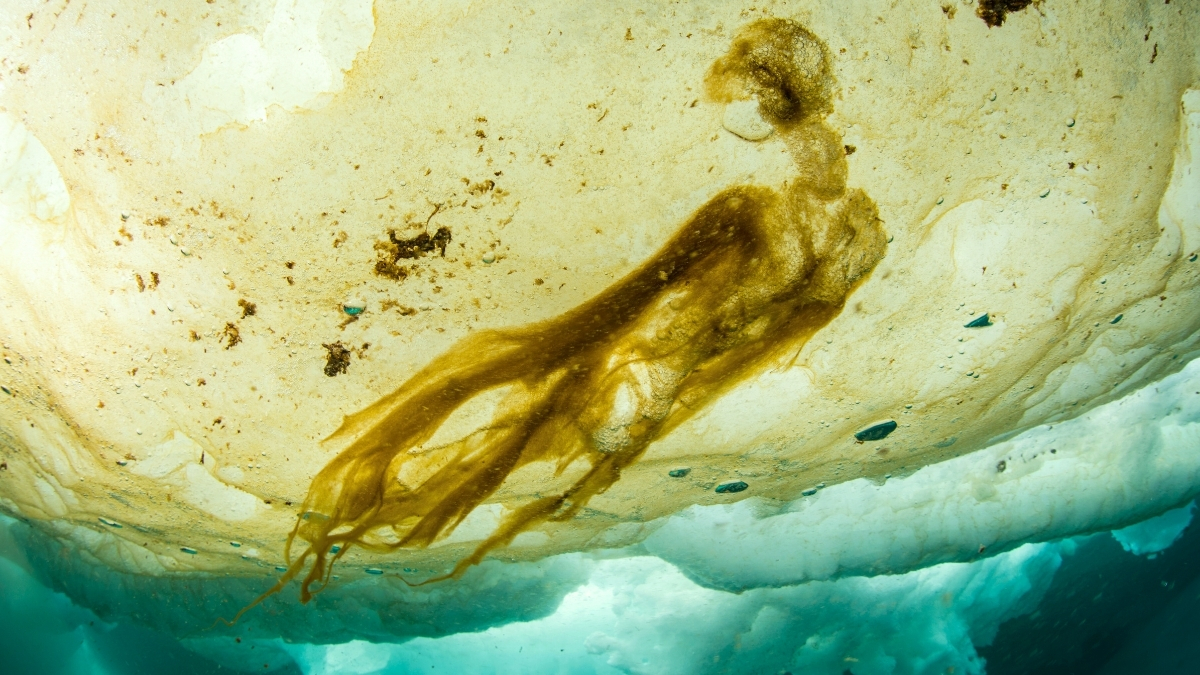Octopuses can be fooled into thinking a fake arm is actually their own.
When scientists in Japan pinched an artificial appendage during experiments, octopuses recoiled in defense – swimming away, suddenly changing their color, or retracting their arms, as if they’d really been hurt.
The reaction is not proof that cephalopods are dim-witted or easily tricked – quite the contrary.
The findings are a first and they suggest that octopuses are highly intelligent creatures that feel a sense of responsibility over their appendages.
Related: Microbe ‘Flavors’ Tell Octopuses Which Babies Deserve Their Care
Even we humans fall for the body transfer illusion, which is used to study an animal’s sense of body ownership. The trick was originally reported in our own species in 1998, and more recently in monkeys and mice.
Now, it seems invertebrates can be fooled too.
 frameborder=”0″ allow=”accelerometer; autoplay; clipboard-write; encrypted-media; gyroscope; picture-in-picture; web-share” referrerpolicy=”strict-origin-when-cross-origin” allowfullscreen>
frameborder=”0″ allow=”accelerometer; autoplay; clipboard-write; encrypted-media; gyroscope; picture-in-picture; web-share” referrerpolicy=”strict-origin-when-cross-origin” allowfullscreen>That’s remarkable, as octopus arms are controlled by a nervous system like no other.
“Our findings suggest, like humans, octopuses have a multisensory representation of their body,” the study authors conclude.
To figure out how octopuses feel about their own bodies, animal behavior scientists Sumire Kawashima and Yuzuru Ikeda of the University of the Ryukyus placed plain-body night octopuses (Callistoctopus aspilosomatis) in a tank for a series of experiments.
During the trials, one of the octopus arms was hidden from sight by a screen. A fake arm made of soft gel was then placed in front of the screen.
Scientists stroked both the fake limb and the hidden limb simultaneously. Immediately after, researchers pinched the fake arm.
Within seconds, the octopus responded as if it had been attacked, though it wasn’t physically hurt.
That might seem like an overreaction, but even humans who are prepared can fall for this trick. If one of our hands is placed behind a screen and a fake hand placed in front, we can be made to ‘feel’ the fake hand.
Our brains are essentially fooling us into thinking the touch we are feeling on our real hand is related to the touch we are seeing. Once that link is established, our brain automatically takes ownership of the fake hand.
If we see the fake hand being prodded, then we also feel it.

The reason we fall for this illusion is complicated, but essentially, it’s because our brains are exceptional at rapidly integrating perceptions of touch, vision, and proprioception (which is the sense of where our bodies are in space).
Octopus brains are apparently also skilled in this respect.
These marine mollusks have extremely flexible, incredibly dexterous arms, with approximately 500 million neurons running through each.
All eight limbs can make decisions independent of the brain, and they can even ‘taste’ with their finger-like suckers.
Similar to humans, however, it seems that the octopus brain also prefers visual information over other senses, like touch, taste, or proprioception.
This makes it possible for the creature to adopt a limb they see that isn’t actually theirs.
“These results suggest that the basic perceptual rules that determine body ownership in octopuses are similar to those of mammals,” argue Kawashima and Ikeda.
“These findings in the octopus, which has a complex nervous system that has developed independently of vertebrates, may be an important model for studying the evolution of the sense of body ownership.”
The correspondence was published in Current Biology.
Source link


